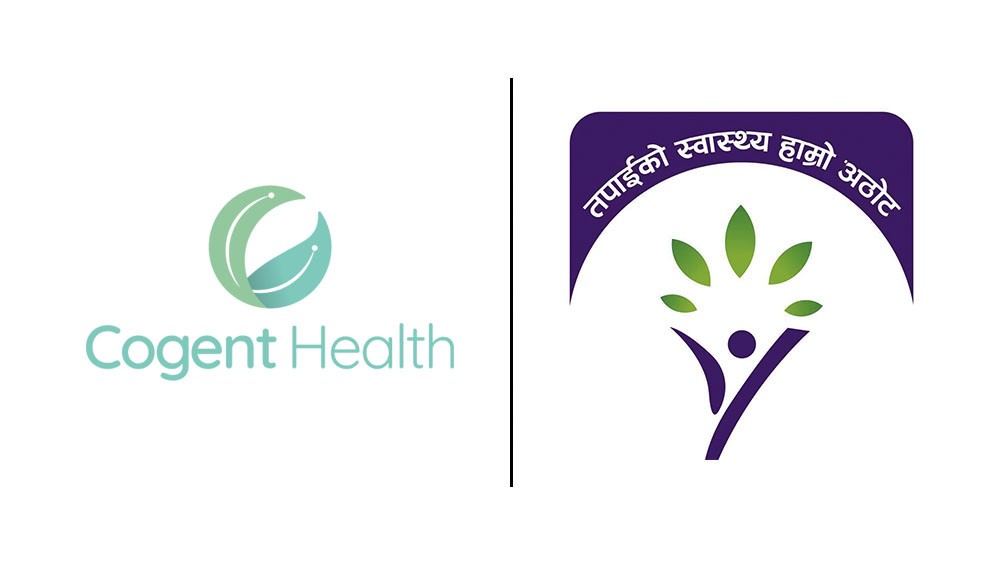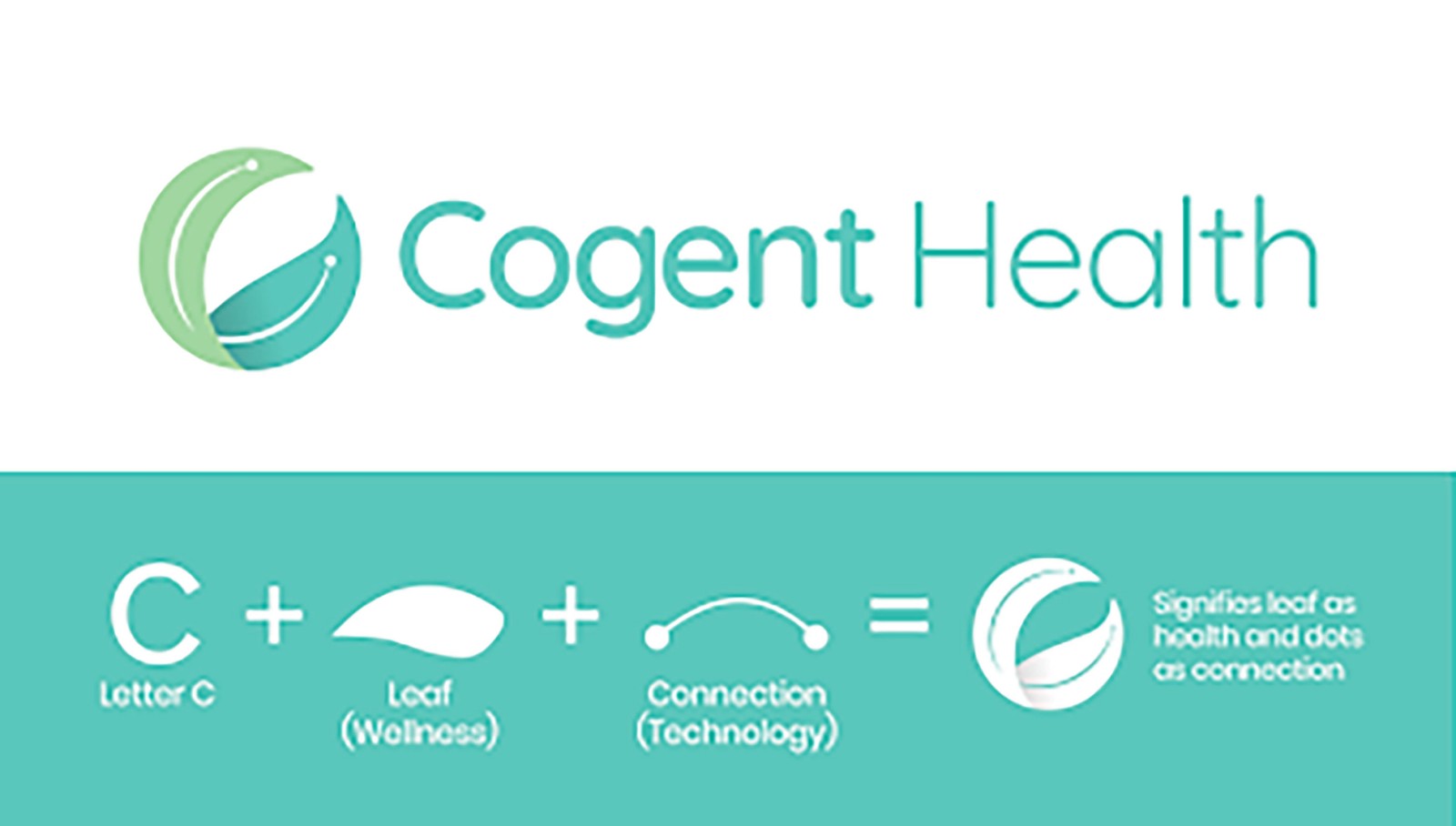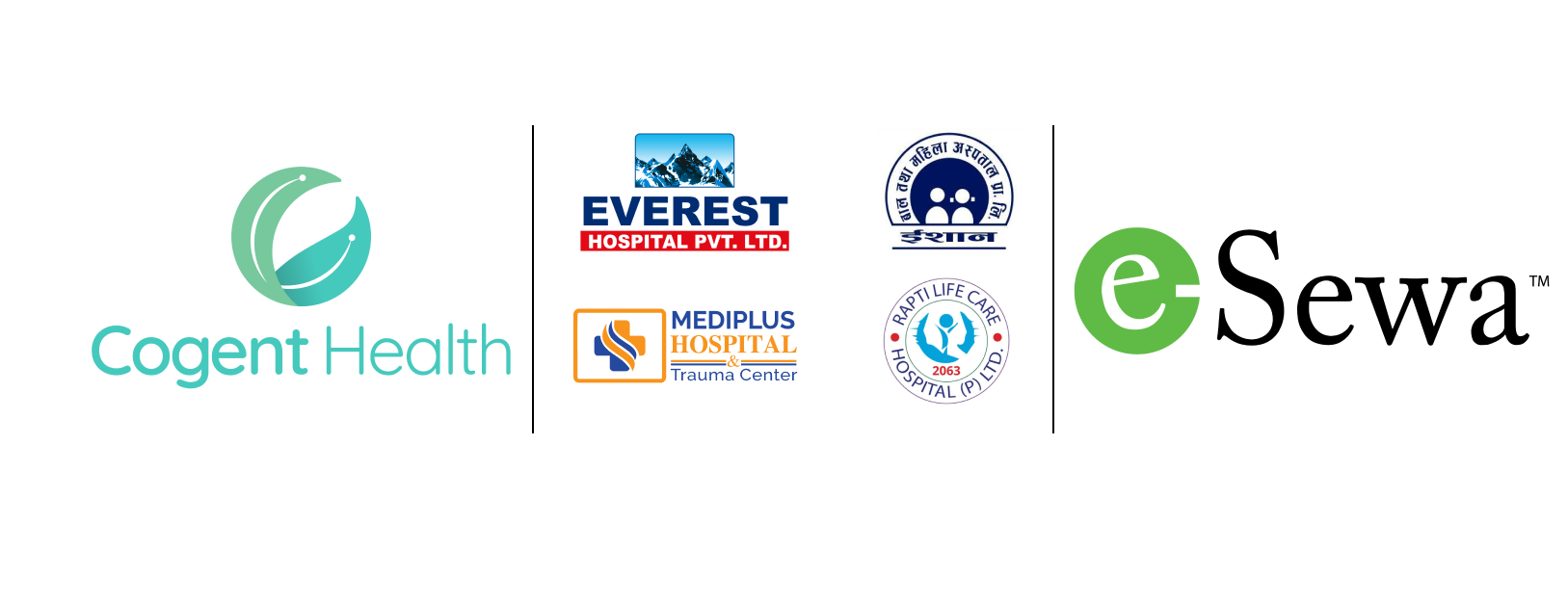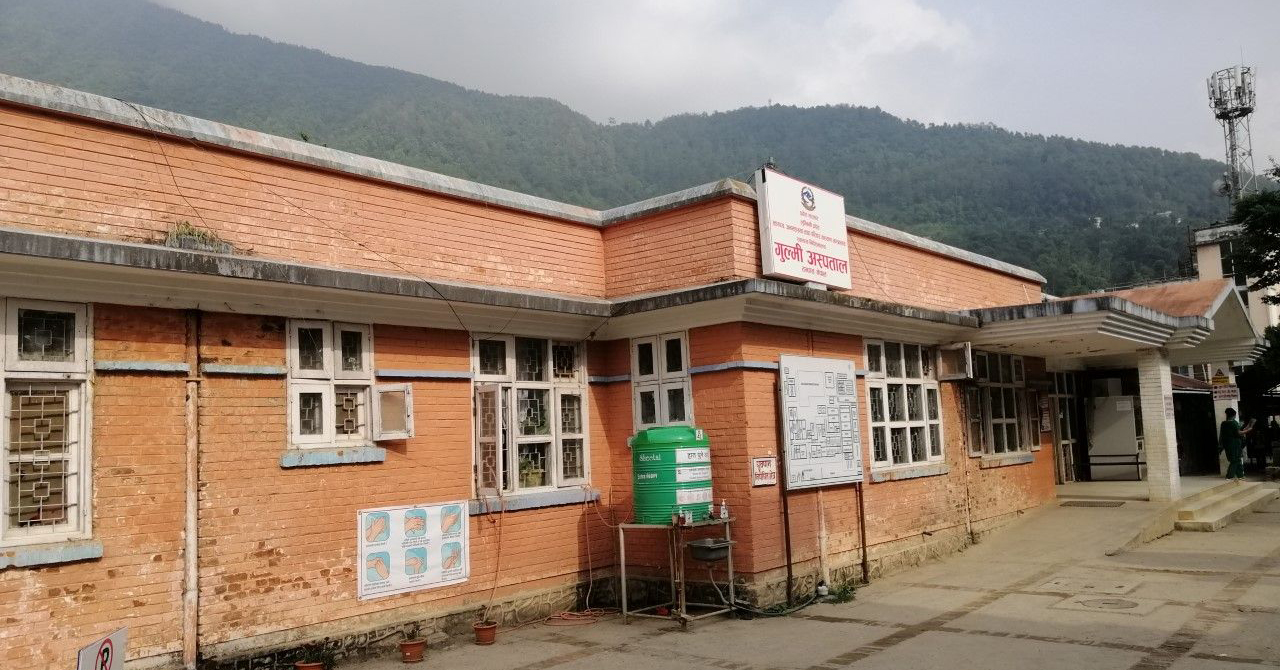Digitalization of healthcare system.
Cogent Health Pvt Ltd, a subsidiary of the F1Soft International Group, is a health tech company that specializes in the electronic medical record (EMR)-based health information system. Cogent Health has developed and deployed proprietary products such as CogentEMR, CogentEMR Web, Smart Swasthya, and e-Appointments at dozens of healthcare institutions in all seven provinces of Nepal. An entirely homegrown company, Cogent Health is insurance-compatible and in line with government policy directives.
Daniel D Shrestha, CEO, and MD of Cogent Health talked to Sunny Mahat of ApEx about the opportunities and challenges in Nepal for health-related tech companies.
In layman’s terms, what does Cogent Health do?
Cogent Health makes a hospital management system. We work in the digitization of hospitals, create a health care management value chain and help foster evidence-based decision making in Nepal’s healthcare systems. With our electronic medical record (EMR), hospitals and clinics can record the patients’ complete data, from the time of their admission to their discharge, on a single platform. This helps create a paperless and automated system that helps with diagnosis and treatment. In the long run, EMR can also reduce the need for patients to carry a bulk of papers from one hospital to another. It will put up everything in the system for easy access across hospitals.
As this is a relatively new concept in Nepal, how is the market demand?
Right now, there is a lot of demand in the market but the focus is more on revenue cycle management and billing management. So, we are trying to expand the scope and develop a market for our software that goes beyond just billing and revenue management.
Our software can improve patient care in hospitals and clinics. They can help in evidence-based decision making, reduce the paper trail left of patients, and help doctors identify a new course of action for patients. EMR has already been adopted by many developed countries and the market is gradually growing here.
Cost-wise, how affordable is your software for the Nepali market?
Right now, some big hospitals in Nepal pay tens of millions for similar software developed abroad. As a homegrown company, our EMR software will have no comparison in terms of price. At the same time, it will be more expensive than the regular billing and revenue management software because of the time and resources we have to put in.
But, since we are working on health care, our pricing is reasonable and we also have facilities like partnership models and flexible payment plans. Now the onus is on to the hospitals and medical institutions to look beyond the billing system and work with us to digitalize the health system.
For a company working in tech and innovation, what are the challenges that you face?
The biggest challenge is that the healthcare sector here is fragmented. And even the health ministry does not have a proper database of hospitals and medical centers in Nepal. I think proper standardization and segmentation of hospitals is necessary even for policy-making.
Also, we have the challenge of developing our market. Hospitals in Nepal do not spend much on digitalization and technology. This will hinder the development of a digital ecosystem in healthcare. Just look at how far banks and financial institutions in Nepal have gone. You can now withdraw money from any ATM of any bank. We can have something similar in the healthcare system if hospitals decide to invest in technology.
How far do you think we are from a fully digitalized healthcare system in Nepal?
Currently, we have a long way to go. But tomorrow, digitalization has to happen. It is inevitable. So Cogent sees this as an opportunity. Right now, besides in a few organized hospitals, patient experience is not so good. There are long queues for check-ups and hospitals aren’t properly managed. But the industry can’t stay stagnant like that. A change of mindset is needed and when this happens, I think we will go towards digitization at the national level. We need an interoperable healthcare ecosystem as soon as possible. By the way things are going, we might see some significant changes in the next four to five years.
Orginally Posted At: ApEx




.png)